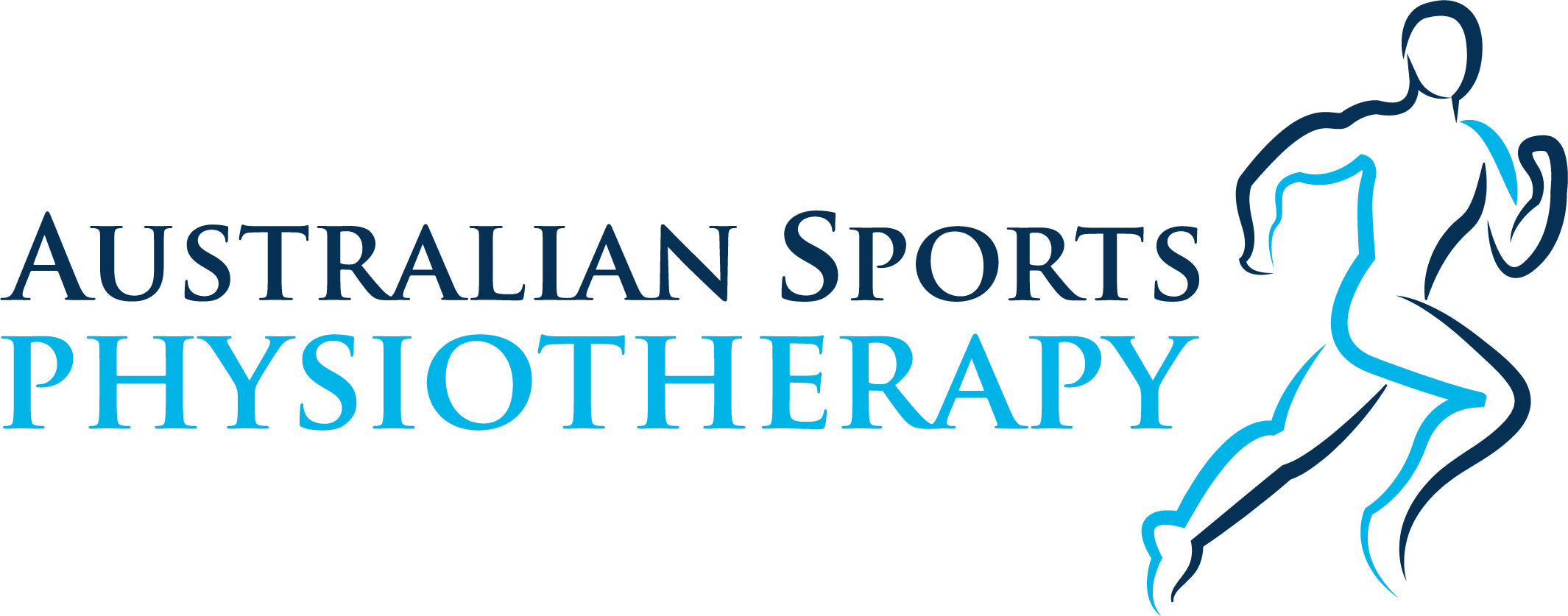Have you ever wondered why core stability plays a crucial role in physiotherapy rehabilitation? The core muscles are the powerhouse of our body, providing essential support and stability for everyday movements. Integrating core stability into rehabilitation programs can significantly enhance recovery and prevent future injuries.
Physiotherapy rehabilitation aims to restore function and improve quality of life for individuals recovering from injuries or surgeries. Core stability, which refers to the ability of the trunk muscles to support and control the spine during movement, is often overlooked in traditional rehabilitation approaches.
By strengthening the core muscles, physiotherapists can address underlying imbalances, improve posture, and enhance overall functional performance.
Understanding core stability
- Core muscles: These include not just the abdominal muscles but also the deep muscles of the spine, pelvis, and hips.
- Function: The core acts as a stabiliser for the body, transferring forces between the upper and lower extremities.
- Importance: A strong and stable core is crucial for maintaining proper posture, preventing injuries, and optimising movement efficiency.
The core muscles
While often associated with just the abs, the core encompasses a wider range of muscles:
- Abdominals: Transverse abdominis, rectus abdominis, obliques
- Back muscles: Erector spinae, multifidus
- Pelvic floor muscles: These often-overlooked muscles play a crucial role in stability.
- Diaphragm: Though primarily a respiratory muscle, it also contributes to core stability
What is physiotherapy rehabilitation?
Physiotherapy rehabilitation is a specialised treatment aimed at helping individuals recover from injuries, illnesses, or disabilities. It involves a comprehensive approach to restore movement, function, and overall well-being.
How we integrate core stability into physiotherapy rehabilitation?
1. Assessment
- We evaluate your core strength, endurance, and motor control.
- Identify any muscle imbalances or dysfunctions.
- Determine your functional goals.
2. Progression
- We start with basic exercises focusing on isolated muscle activation and control.
- Gradually progress to more complex movements involving multiple muscle groups in order to teach the body how to utilise your core with motion and load.
- Incorporate functional exercises that mimic real-life activities.
3. Individualisation
- We tailor the program to your specific needs, considering your injury, pain level, and functional goals.
- Modify exercises as needed to accommodate limitations or progress.
4. Education
- We teach patients the importance of core stability and proper exercise techniques.
- Provide clear instructions and demonstrations of exercises.
- Provide home exercise programs to reinforce learning and maintain progress.
5. Functional integration
- We incorporate core exercises into daily activities and functional movements.
- Teach you how to engage your core during everyday tasks.
The benefits of core stability in physiotherapy rehabilitation
- Improved posture: A strong core supports proper alignment, reducing strain on the spine and other joints.
- Pain reduction: By stabilising the core, we can alleviate pressure on the spine and surrounding tissues, often reducing pain.
- Enhanced balance and coordination: A strong core improves proprioception and balance, reducing the risk of falls.
- Faster recovery: A stable core provides a solid foundation for other muscles to work from, accelerating rehabilitation.
- Injury prevention: Core strength helps prevent re-injury by improving overall body control and stability.
Core stability integration for specific rehabilitation conditions
Core stability plays a role in various rehabilitation conditions:
- Low back pain: Core strengthening can help stabilise the spine and reduce pain.
- Pelvic floor dysfunction: Core exercises can support pelvic floor muscles and improve continence.
- Shoulder injuries: Core stability is essential for shoulder function and preventing compensatory movements that tend to overload the shoulder.
- Knee injuries: A strong core can improve knee stability and reduce stress on the joint.
- Post-surgical rehabilitation: Core exercises can aid in recovery and prevent deconditioning.
Training your core
Effective core training focuses on:
- Endurance: Building the stamina of your core muscles to support sustained activity.
- Strength: Developing the power of your deep core muscles for explosive movements.
- Balance: Improving your ability to maintain equilibrium, especially under challenging conditions.
Additional core training tips
- Proper form is essential to prevent injuries and maximise benefits.
- Variety is key to targeting different core muscle groups.
- Consistency is crucial for building core strength over time.

Final thoughts
Integrating core stability into physiotherapy rehabilitation can greatly improve outcomes for patients recovering from injuries or surgeries.
By building a strong core, patients can improve their overall strength and stability, leading to better mobility and function.
So remember, a strong core is the foundation for a healthy and active life. Start incorporating core stability exercises into your rehabilitation routine today!
Book an appointment with one of our experienced physiologists today for a comprehensive assessment and customised treatment plan.










